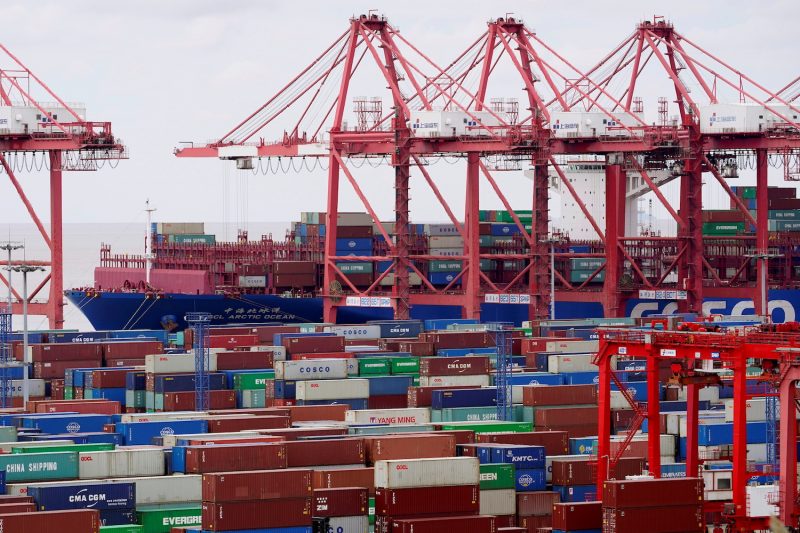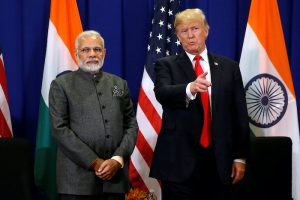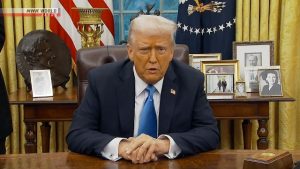India’s surprise move to impose licensing requirements on the imports of tech products is less about encouraging domestic production and more about resetting its trade balance with China.
That’s according to several unnamed Indian government officials who admitted the curbs announced last week, which New Delhi later deferred for three months, on the imports of laptops, tablets and personal computers were mostly aimed at Beijing.
More than half of India’s roughly $10 billion in annual imports of personal computers and tablets are Chinese-made.
But relations between the countries have deteriorated since mid-2020, when Chinese and Indian troops clashed on their disputed Himalayan frontier and 24 people were killed.
The import curbs do appear to be part of India’s push to become a powerhouse in the global electronics supply chain, with the country targeting annual domestic production worth $300 billion by 2026.
But analysts say New Delhi has form and has moved to restrict other Chinese trade and investment ventures since 2020:
Investment Plan By Byd
China’s BYD told its India joint-venture partner last month it would shelve plans for a new $1 billion investment to build electric cars after its investment proposal faced scrutiny from New Delhi.
Great Wall Motor Investment Plan
Great Wall Motor shelved plans last year to invest $1 billion in India and laid off all employees at its operations there after failing to obtain regulatory approvals.
Xiaomi Asset Freeze
India’s federal financial crime agency has frozen $670 million of Xiaomi’s bank assets since last year, posing a significant challenge to the smartphone maker. The agency alleges that Xiaomi made illegal remittances to foreign entities in the name of royalties. The company denies wrongdoing.
Mobile Apps Ban
Citing data and privacy issues, India has banned about 300 Chinese mobile apps including popular ones such as the battle royale format game from Krafton Inc, a South Korean company backed by China’s Tencent.
New Investment Vetting Rules
In 2020, India stepped up scrutiny of investments from companies based in neighbouring countries by adding an extra layer of vetting and security clearances, in what was widely seen as a move to stave off takeovers and investments by Chinese firms.
It has led to billions of dollars in proposed investment getting stuck in the approval process over the last 3 years.
- Reuters with additional editing by Sean O’Meara
Read more:
India Requires Licences for Imports of Laptops and PCs
India Turns Down BYD’s $1-Billion EV, Battery Plant Proposal
Great Wall Pulls Plug on $1bn India Plans After Delhi Rebuff
China’s Xiaomi to Protect Interests After Assets Freeze in India
























